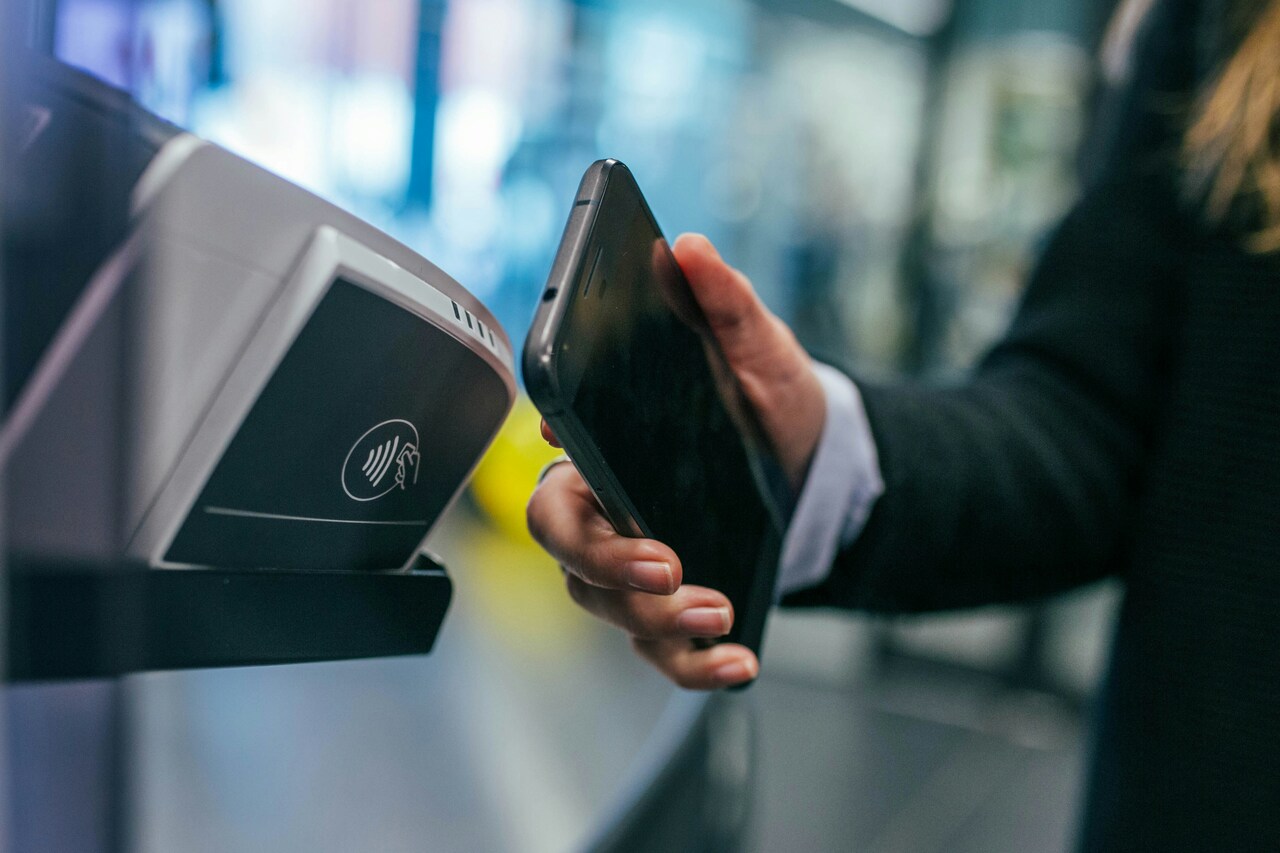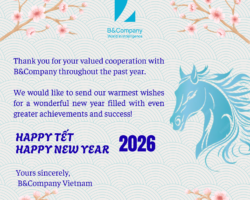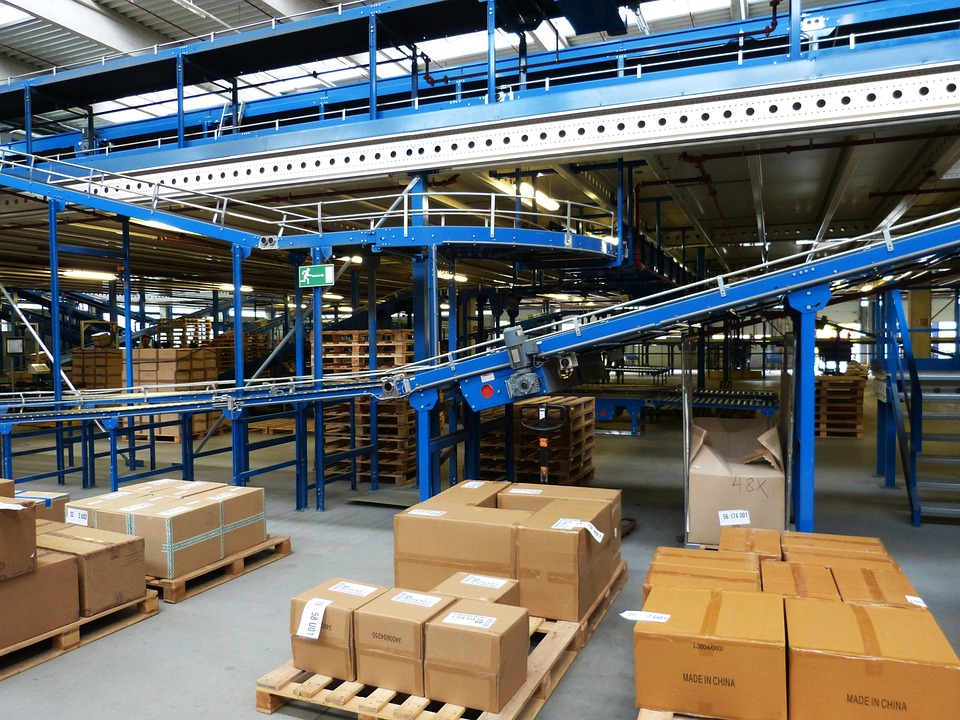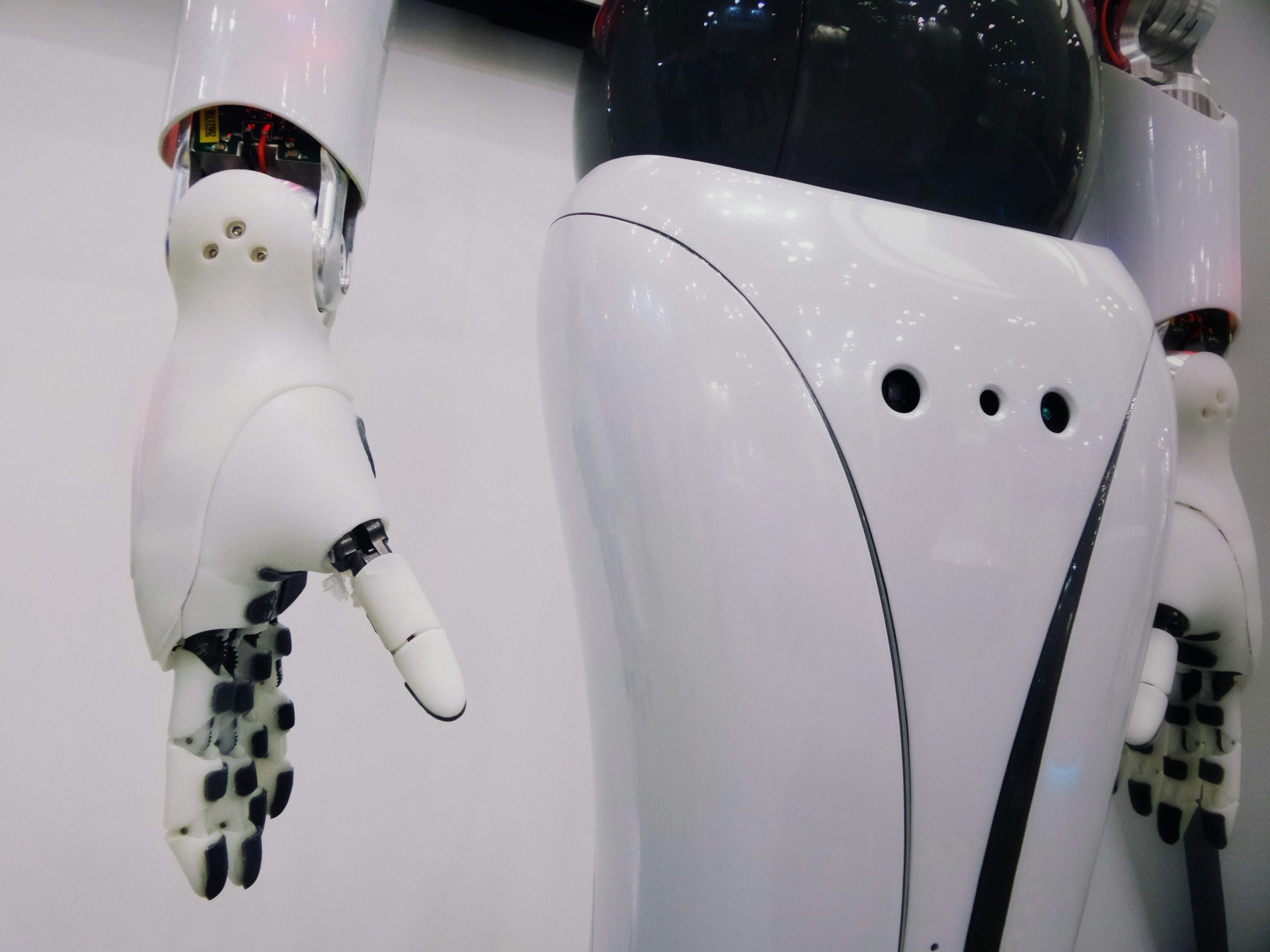
15Mar2024
Industry Reviews
Comments: No Comments.
Cash transactions incur various drawbacks, including costs associated with organizing payment activities such as printing, transportation, storage, and counting of money. Moreover, cash transactions are often exploited for tax evasion in large transactions and pose social security-related issues such as theft, counterfeit currency, and money laundering. In response to these challenges, restrictions on cash usage have been introduced and the trend of non-cash payments is becoming increasingly popular.
Efforts to reduce the proportion of cash in total payment methods began to be implemented from 2016 according to Decision 2545/QD-TTg (Project on developing cashless payments in Vietnam during the period 2016 – 2020). However, significant changes in payment behavior occurred during the Covid-19 pandemic when people had to limit direct contact. Despite these efforts, the goal of reducing the proportion to below 10% by the end of 2020 was not achieved, and there was a tendency for it to increase in 2021[1]. Moreover, according to a report on consumer payment trends when shopping online and at physical points of sale by Fidelity National Information Services (FIS) – an American technology company specializing in providing banking and payment processing software and solutions, the percentage of cash payments in individual transactions in Vietnam remained high in 2022. Vietnam ranked third in the Asia region with a rate of 47%, following Thailand (56%) and Japan (51%)[2]. Non-cash payments in civilian transactions, especially in rural and remote areas; and in the fields of health and education, has seen some changes but remains relatively modest[3]. To further promote the increase in non-cash transactions, the government continues to implement the Project for Developing Cashless Payments for the period of 2021-2025 (Decision No. 1813/QD-TTg issued on October 28, 2021) and the Digital Transformation Plan for the banking sector until 2025, with a vision toward 2030[4] (Decision No. 810/QD-NHNN issued May 11, 2021). The goal of reducing the proportion of cash payment to below 10% was achieved as of October 2022 (9.78%), with a steady decrease observed in 2023, reaching the lowest ratio (8.53%) in September 2023.
Proportion of cash in total means of payment, 2015 -2021 (%)

Despite the benefits and advancements of non-cash payments, they also face some risks. Risks include high-tech cybercrime such as personal account information theft and fraudulent activities involving bank account breaches. Banks are deploying various technological solutions to help customers enhance security and combat new forms of fraud utilizing artificial intelligence, but this remains an ongoing and evolving challenge [8]. Cash payment cannot be entirely replaced, and both forms of payment are continue coexisting in the future.
B&Company
This article has been published in the column “Read Vietnamese trends” of ASEAN Economic News. Please see below for more information
|
B&Company, Inc. The first Japanese company specializing in market research in Vietnam since 2008. We provide a wide range of services including industry reports, industry interviews, consumer surveys, business matching. Additionally, we have recently developed a database of over 900,000 companies in Vietnam, which can be used to search for partners and analyze the market. Please do not hesitate to contact us if you have any queries. info@b-company.jp + (84) 28 3910 3913 |
Read other articles
[/vc_column_text][/vc_column][/vc_row]
- All
- Business
- E-Commerce
- Economic
- Exhibition
- Food & Beverage
- Healthcare
- Human Resources
- Investment
- IT & Technology
- Logistics & Transportation
- Multi-country Research
- Regulation
- Retail & Distribution
- Seminar
- Temporarily closed
- Tet
- Tourism & Hospitality


















































